
The Vitamin The Body Lacks When Legs And Bones Are Painful
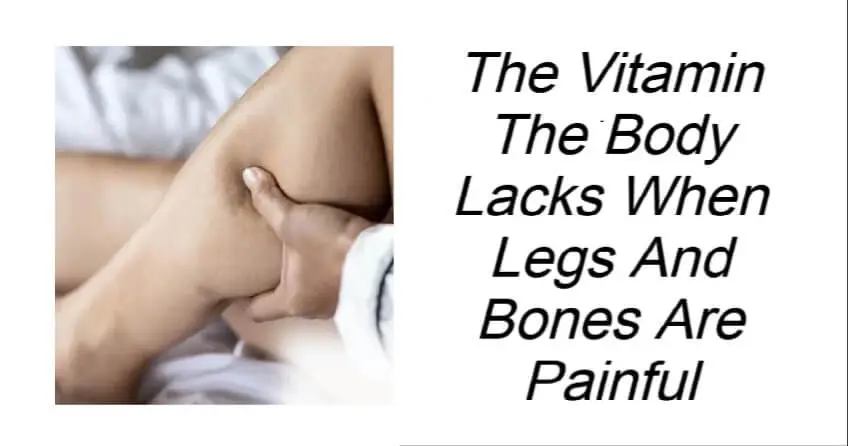
Have you ever felt an unusual ache in your legs, sudden muscle cramps during the night, or noticed that your bones feel more fragile than they used to? These symptoms can be subtle signals from your body, warning you of an underlying issue — often related to nutrient deficiencies. Understanding what your body needs is the first step toward better bone and muscle health. Let’s dive into the essential vitamins and minerals your body depends on for strength, stability, and overall well-being.
Vitamin D Deficiency: A Hidden Culprit Behind Bone Pain
Vitamin D plays a vital role in helping your body absorb calcium — the foundation of strong, healthy bones. A lack of this vitamin is one of the most common causes of chronic bone pain and muscle discomfort. When vitamin D levels drop, your body struggles to maintain bone density and muscle strength, potentially leading to:
-
Muscle weakness and fatigue
-
Persistent bone or joint pain
-
Higher susceptibility to fractures
-
Slower healing after injuries
Over time, even mild deficiencies can negatively affect your mobility and increase the risk of conditions like osteoporosis.
How to Naturally Boost Your Vitamin D Levels
Getting enough vitamin D isn’t always as simple as it sounds — especially if you spend most of your time indoors or live in an area with limited sunlight. Here's how you can naturally increase your vitamin D levels:
-
Sun Exposure: Aim for 10 to 30 minutes of sun exposure on your face and arms several times a week. The best time is before 11 a.m. or after 3 p.m. to avoid UV damage.
-
Food Sources: Include vitamin D-rich foods such as oily fish (salmon, mackerel, sardines), egg yolks, fortified milk or plant-based alternatives, and mushrooms exposed to sunlight.
-
Supplements: If your blood test confirms a deficiency, your healthcare provider may recommend vitamin D3 supplements to restore optimal levels.
More Than Just Vitamin D: Other Key Nutrients for Bone and Muscle Health
Even if you’re getting enough vitamin D, persistent pain or cramps could indicate a lack of other critical nutrients. Let’s take a closer look:
Calcium: The Structural Foundation of Your Bones
Calcium is the most abundant mineral in the human body and plays an essential role in maintaining bone strength. Without enough calcium, bones can become porous and fragile over time. You can increase your calcium intake through:
-
Dairy products like milk, cheese, and yogurt
-
Leafy greens such as kale, bok choy, and spinach
-
Almonds, chia seeds, and canned sardines (with bones)
If you're lactose intolerant or avoid dairy, consider calcium-fortified plant-based alternatives and calcium supplements under medical advice.
Magnesium: Your Muscles’ Best Friend
Magnesium works hand-in-hand with calcium and plays a crucial role in muscle relaxation and nerve function. A deficiency can lead to symptoms like:
-
Muscle cramps or spasms
-
Irritability and fatigue
-
Restless legs, especially at night
Boost your magnesium intake by adding the following foods to your diet:
-
Bananas and avocados
-
Pumpkin seeds, sunflower seeds, and almonds
-
Whole grains and legumes
-
Dark chocolate (with 70% or more cocoa — in moderation)
Natural Remedies to Soothe Muscle Pain and Boost Recovery
If your discomfort is mild to moderate, try incorporating these natural home remedies to support healing and reduce pain:
-
Ginger and Turmeric Tea: Both contain powerful anti-inflammatory compounds that help relieve sore muscles and joint stiffness.
-
Epsom Salt Baths: A warm soak with Epsom salts allows magnesium to absorb through the skin, relaxing muscles and reducing cramping.
-
Magnesium Oil Spray: Apply directly to sore or cramping muscles for quick relief and improved recovery after physical activity.
-
Arnica Oil Massage: Known for its anti-inflammatory and pain-relieving properties, arnica is especially helpful for chronic discomfort.
-
Carrot and Orange Juice: Rich in vitamin C and beta-carotene, this refreshing juice supports collagen production and strengthens bones.
When Should You See a Doctor?
While diet and natural remedies can go a long way, don’t ignore persistent or worsening pain. If symptoms don’t improve after adjusting your nutrition and lifestyle, it's time to consult a healthcare provider. You may need blood tests to check for deficiencies or a personalized treatment plan.
Final Thoughts: Support Your Body From the Inside Out
Your bones and muscles work hard to carry you through life — don’t wait until pain slows you down. Prioritize a balanced, nutrient-rich diet, regular sun exposure, and healthy lifestyle habits. With the right care and awareness, you can improve your bone health, reduce discomfort, and enjoy a stronger, more energized version of yourself.
News in the same category

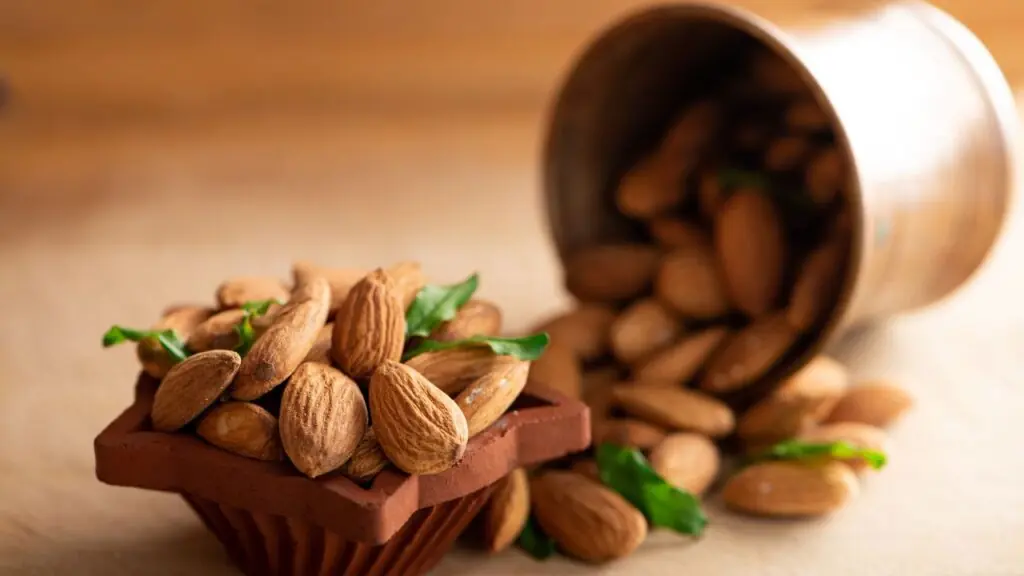
Why Almonds Are So Good for You: Health Benefits Backed by Science
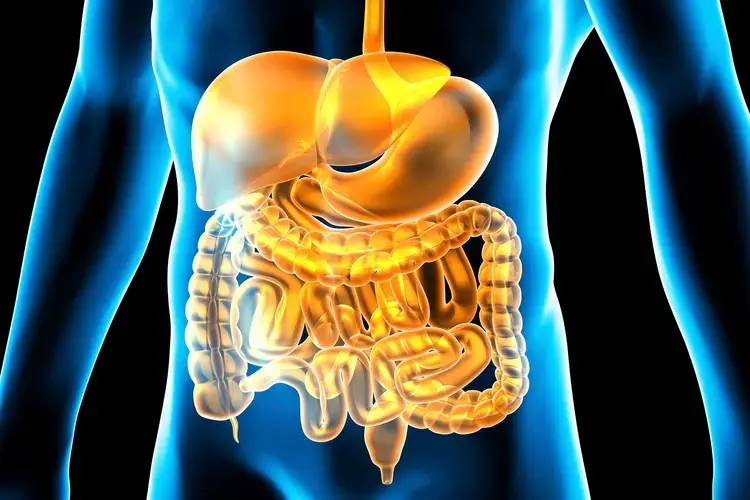
Use This Simple Method to Kill the Bacteria Causing Heartburn and Bloating Before It’s Too Late

Russian Doctor Claims You Can Recover Your Immune System in Just 30 Seconds
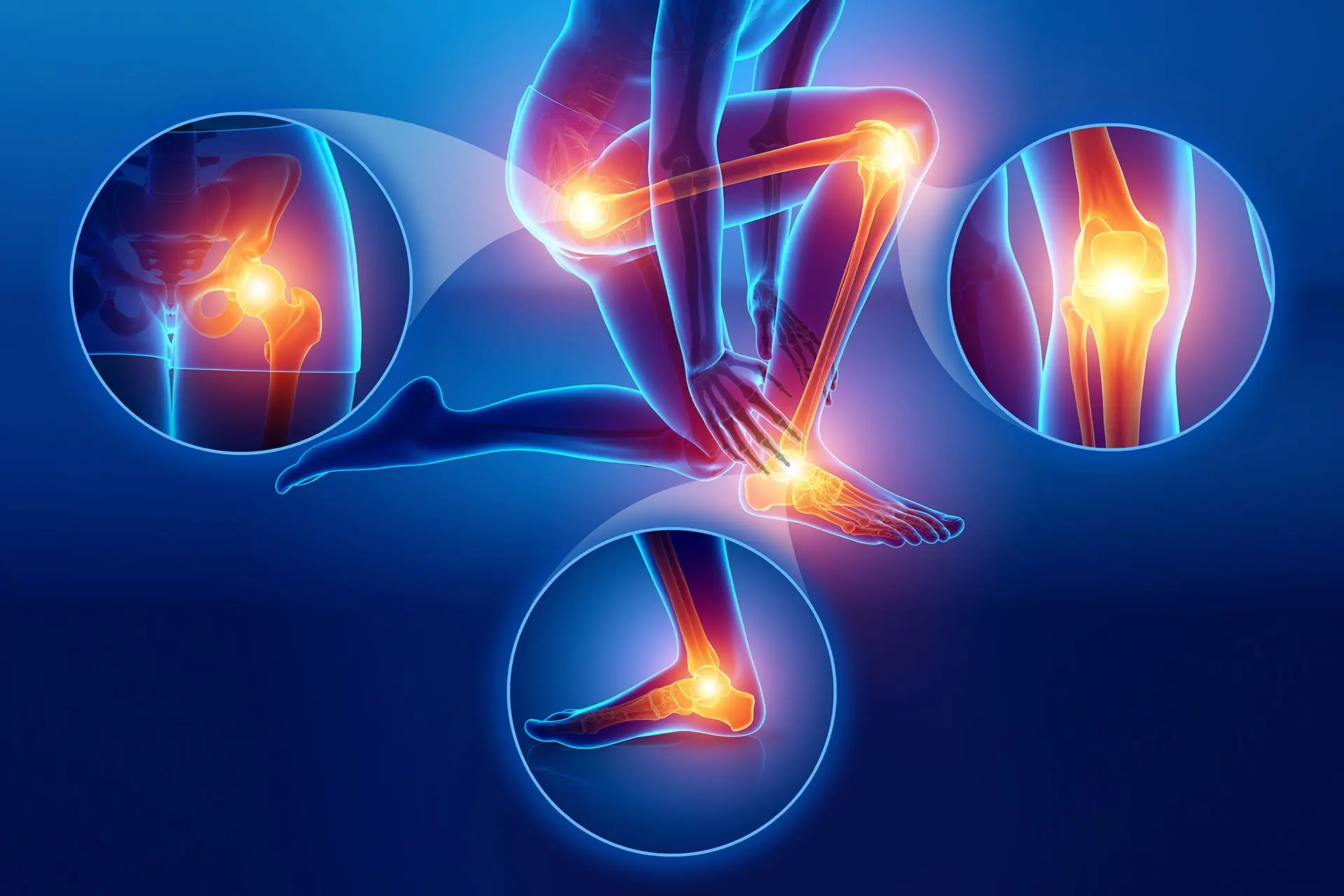
Doctors Warning: 7 Types of Pain You Should Never Ignore!
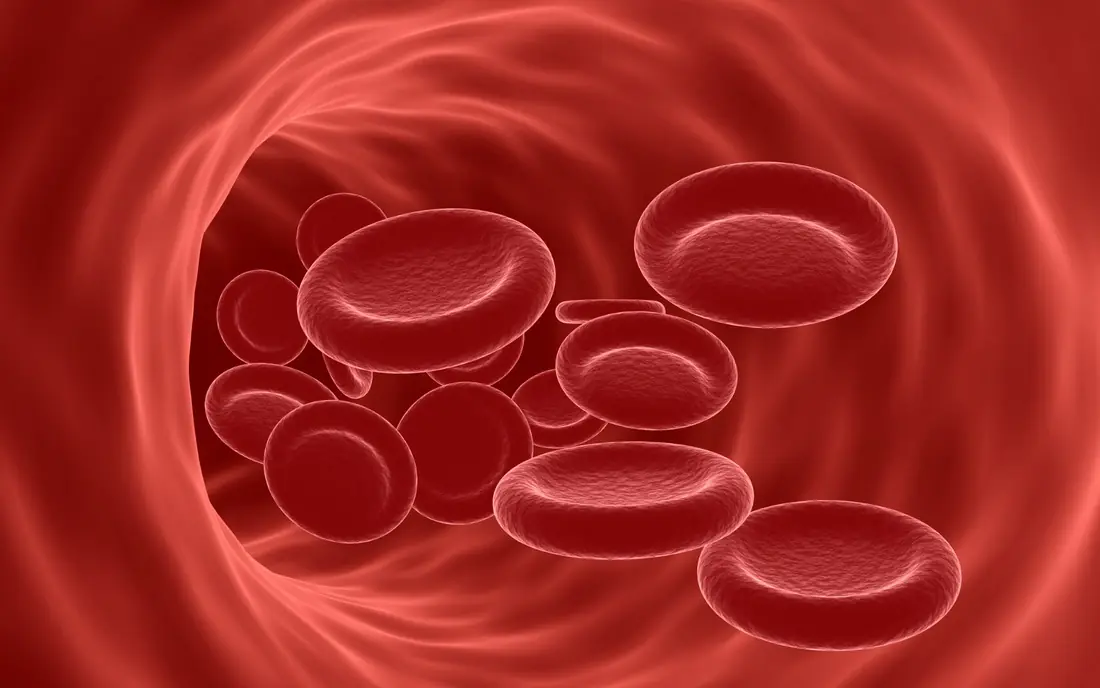
Iron Deficiency Symptoms You're Probably Missing and How to Correct Them

Here’s Why You Should Massage Your Feet Every Night Before Bed

Young Mother Shocked After Doctors Reveal Her ‘Heart Attack’ Was Actually Oil in Her Lungs from Vaping
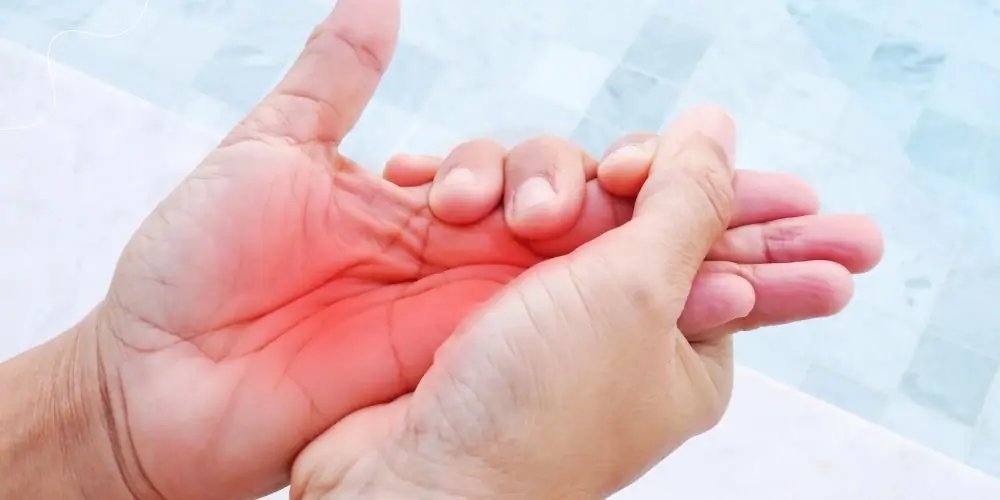
Do You Wake Up With Numb or Tingling Hands? Here’s What Your Body Is Trying to Tell You

Passenger’s Severe In-Flight Diarrhea Forces Entire Flight to Be Canceled
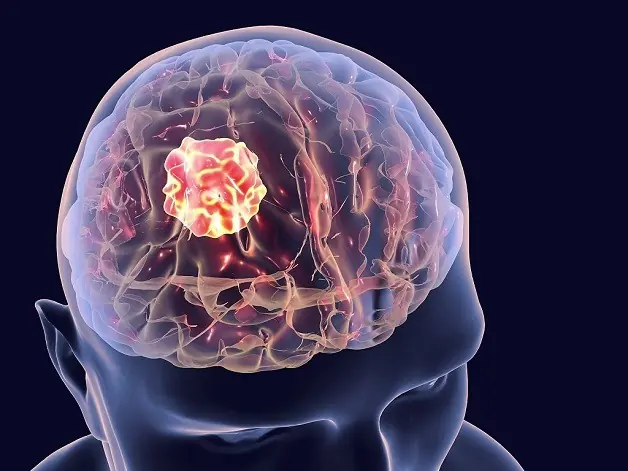
Proven Brain Foods to Boost Brain Power, Focus and Memory

Think You’re Fine? These 10 Hidden Signs of Gluten Intolerance Will Surprise You

The Psychological Meaning of Leaving Dirty Dishes

Advanced HCC: Which First-line Treatment Is Best?
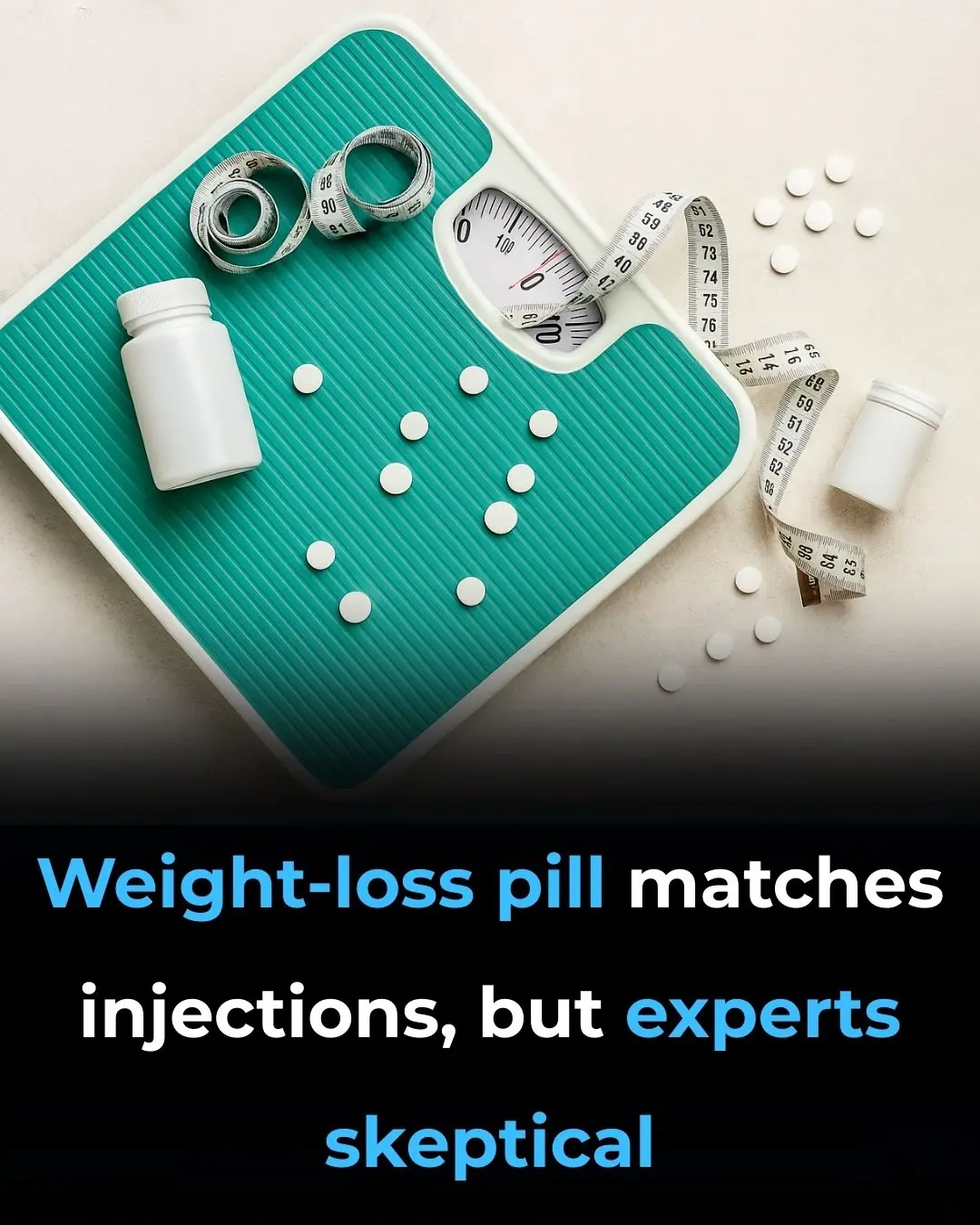
Weight-Loss Pill Matches Injections, but Experts Skeptical
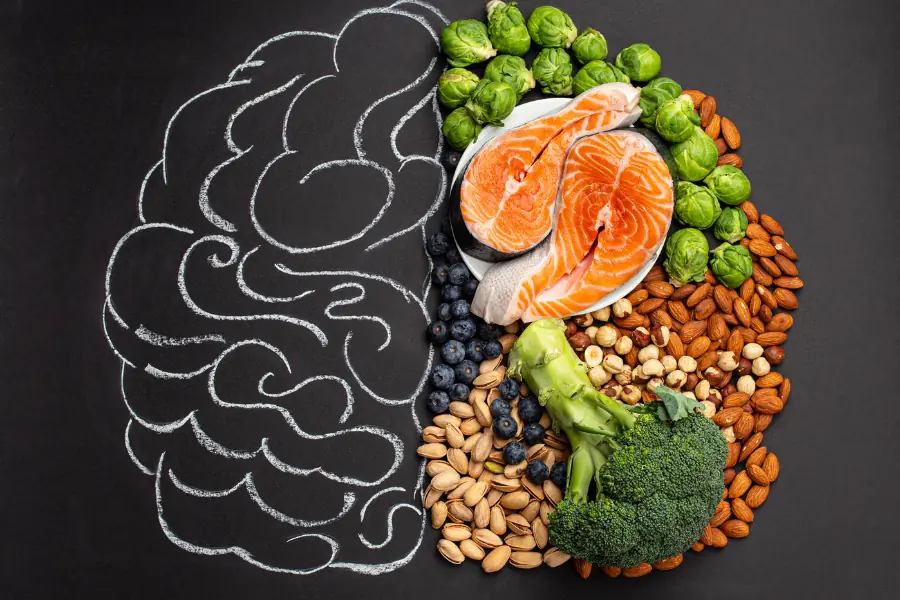
Proven Brain Foods to Boost Brain Power, Focus, and Memory
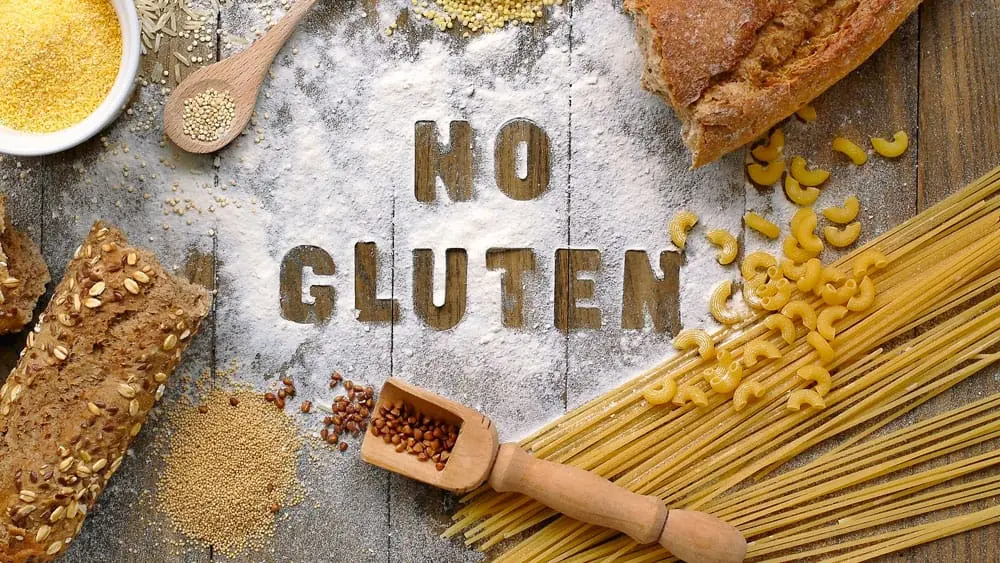
10 Symptoms of Non-Celiac Gluten Sensitivity (NCGS) You Didn’t Know About (Evidence-Based)

The shocking truth about blocked arteries—it’s NOT just fatty foods!
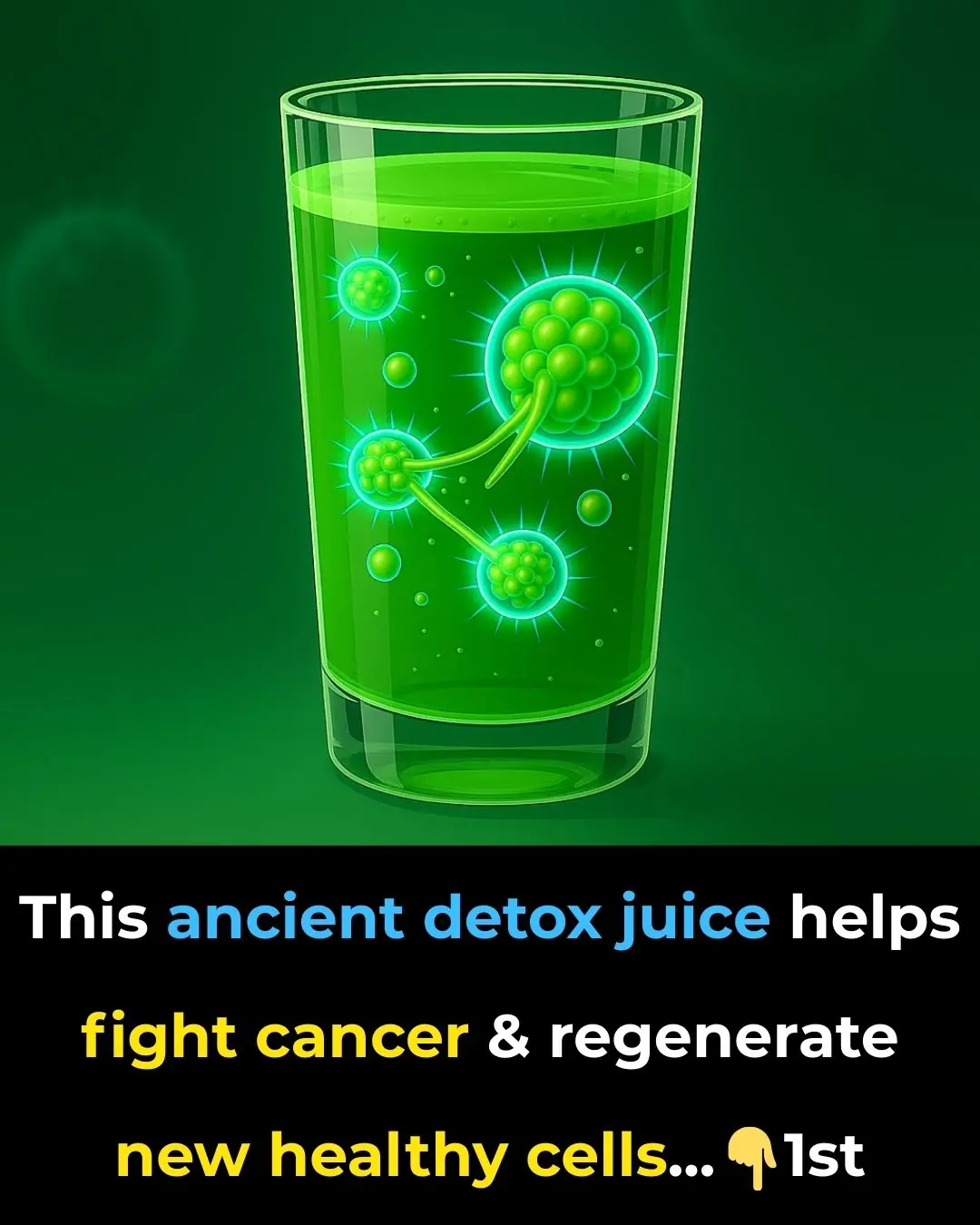
This Ancient Detox Juice Fights Cancer And Helps Regenerate New Healthy Cells
News Post

Citizens fear Alaskan capital could be swallowed under water following major glacier outburst

The Science-Backed Benefits of Elderberry (Plus an Easy Syrup Recipe)

Scientists issue warning of 'The Big One' predicted to be one of the most extreme earthquakes in history

Why Almonds Are So Good for You: Health Benefits Backed by Science

Use This Simple Method to Kill the Bacteria Causing Heartburn and Bloating Before It’s Too Late

Russian Doctor Claims You Can Recover Your Immune System in Just 30 Seconds

Doctors Warning: 7 Types of Pain You Should Never Ignore!

Iron Deficiency Symptoms You're Probably Missing and How to Correct Them

Here’s Why You Should Massage Your Feet Every Night Before Bed

Young Mother Shocked After Doctors Reveal Her ‘Heart Attack’ Was Actually Oil in Her Lungs from Vaping

Do You Wake Up With Numb or Tingling Hands? Here’s What Your Body Is Trying to Tell You

Passenger’s Severe In-Flight Diarrhea Forces Entire Flight to Be Canceled

Proven Brain Foods to Boost Brain Power, Focus and Memory

Think You’re Fine? These 10 Hidden Signs of Gluten Intolerance Will Surprise You

The Psychological Meaning of Leaving Dirty Dishes

Advanced HCC: Which First-line Treatment Is Best?

Weight-Loss Pill Matches Injections, but Experts Skeptical

Proven Brain Foods to Boost Brain Power, Focus, and Memory
